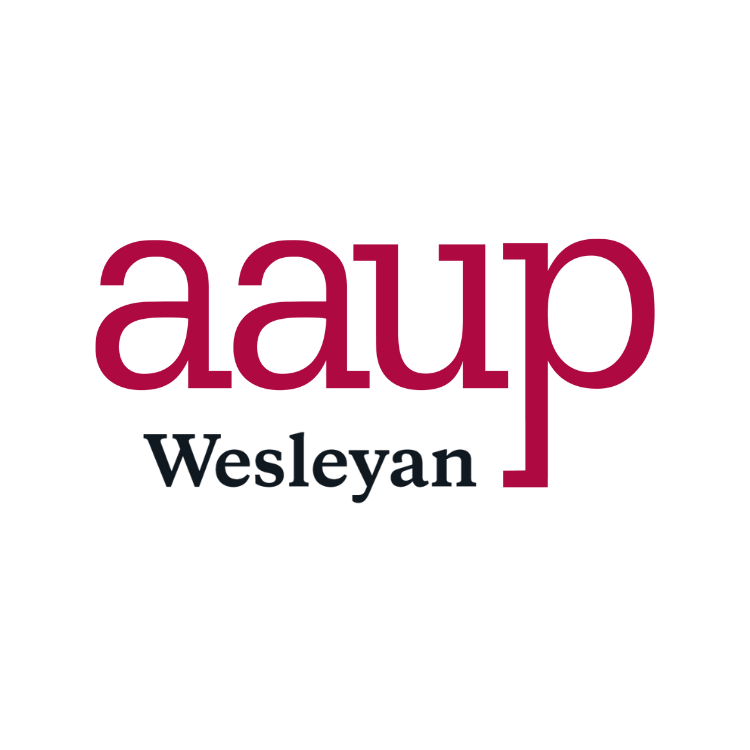FAQ
-
What is the AAUP?
The American Association of University Professors is a nonprofit membership association of academics, with chapters at colleges and universities across the country. Founded in 1915, the AAUP has been instrumental in helping to shape American higher education by developing the standards and procedures that maintain quality in education and academic freedom in this country's colleges and universities.
The Wesleyan University Chapter of the Association advocates for the interests and welfare of all faculty on campus. We promote administrative transparency, defend academic freedom, and encourage faculty representation and participation in the governance of the institution.
-
When and why was the Wesleyan Chapter formed?
Wesleyan faculty established its first AAUP chapter in 1921, and has a long history of advocacy on behalf of Wesleyan faculty. During the 1970s, the Chapter took a primary role in discussions with the administration around all aspects of working conditions for faculty, including compensation. It remained active into the 1990s. In Fall 2021, the national Association recognized the efforts of faculty to re-establish the advocacy Chapter on campus. The re-established Chapter was formally chartered in June 2022. For more, visit our Chapter History page.
-
Is the Wesleyan Chapter a union?
No. We are an advocacy chapter. The AAUP has two types of chapters—advocacy and collective bargaining. Advocacy chapters like ours provide a vehicle through which faculty members can collectively respond to attacks on academic freedom, shared governance, and higher education as a common good. To learn more about the distinction between a “union” (collective bargaining) and an advocacy chapter, and the legal issues surrounding organizing at private colleges and universities, see the AAUP’s “Navigating Troubled Waters at the NLRB” and “Organizing in Challenging Contexts.”
-
How can I join?
Joining is easy! Simply join the national organization. To confirm your membership, or to ask a question of the chapter, send email to WesleyanAAUP@gmail.com or any member of the Chapter Executive Committee. Once you join the AAUP, please submit this membership contact form to let us know you’ve joined!
-
Who is eligible to join?
Membership in our chapter is open to all current members of the faculty, including professors of the practice, tenure-track faculty, tenured faculty, visiting professors, and adjunct professors, as well as current staff. Retired members of the faculty and current graduate students of the University are also invited to join. Higher education administrators are not eligible for active membership in the AAUP.
-
Can you tell me about the AAUP/AFT merger?
As of its June 2022 Biennial Association Meeting, the American Association of University Professors has formally affiliated with the American Federation of Teachers, AFL-CIO. For more information on that merger, see “Information on AAUP/AFT Affiliation.” As of August 1, 2022 all AAUP will become members of the AFT/AFL-CIO, with all the rights and privileges that go with membership in the AFT.
And Finally … Why Should I Join?
Across the country, academic freedom and its legal protection, tenure, are under attack. At Wesleyan, we have seen an erosion of shared governance in favor of unilateral administrative decision-making. We are confronting challenges that no single faculty member can address effectively. Only as a coordinated, equal, and democratic body of teachers and scholars can we ensure that all Wesleyan faculty may pursue their teaching and scholarship under the protections of academic freedom and economic security.
If you are a faculty member, the AAUP is already working for you. The AAUP is the only national organization dedicated to safeguarding the rights of higher education professionals. Joining the AAUP supports national advocacy and research on urgent issues in U.S. higher education. Our chapter at Wesleyan works collectively to transform our campus climate. We are a venue for faculty and other instructional and research employees to raise our collective voices; to organize and advocate for our interests; and to promote shared governance, academic freedom, and a diverse, equitable, and inclusive Wesleyan.
